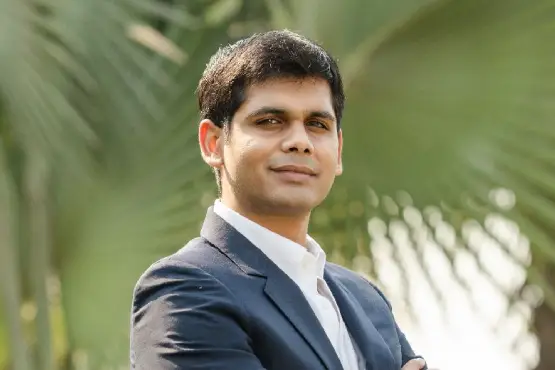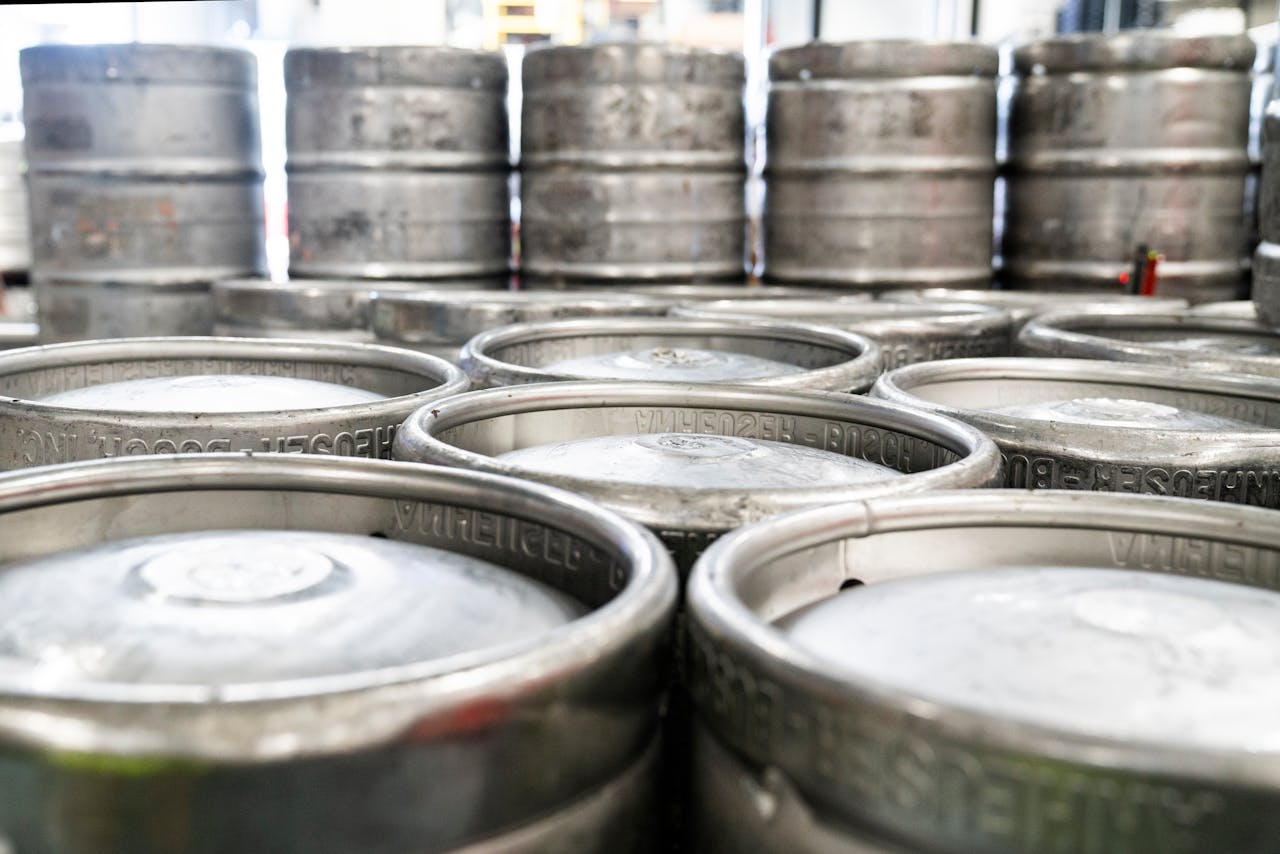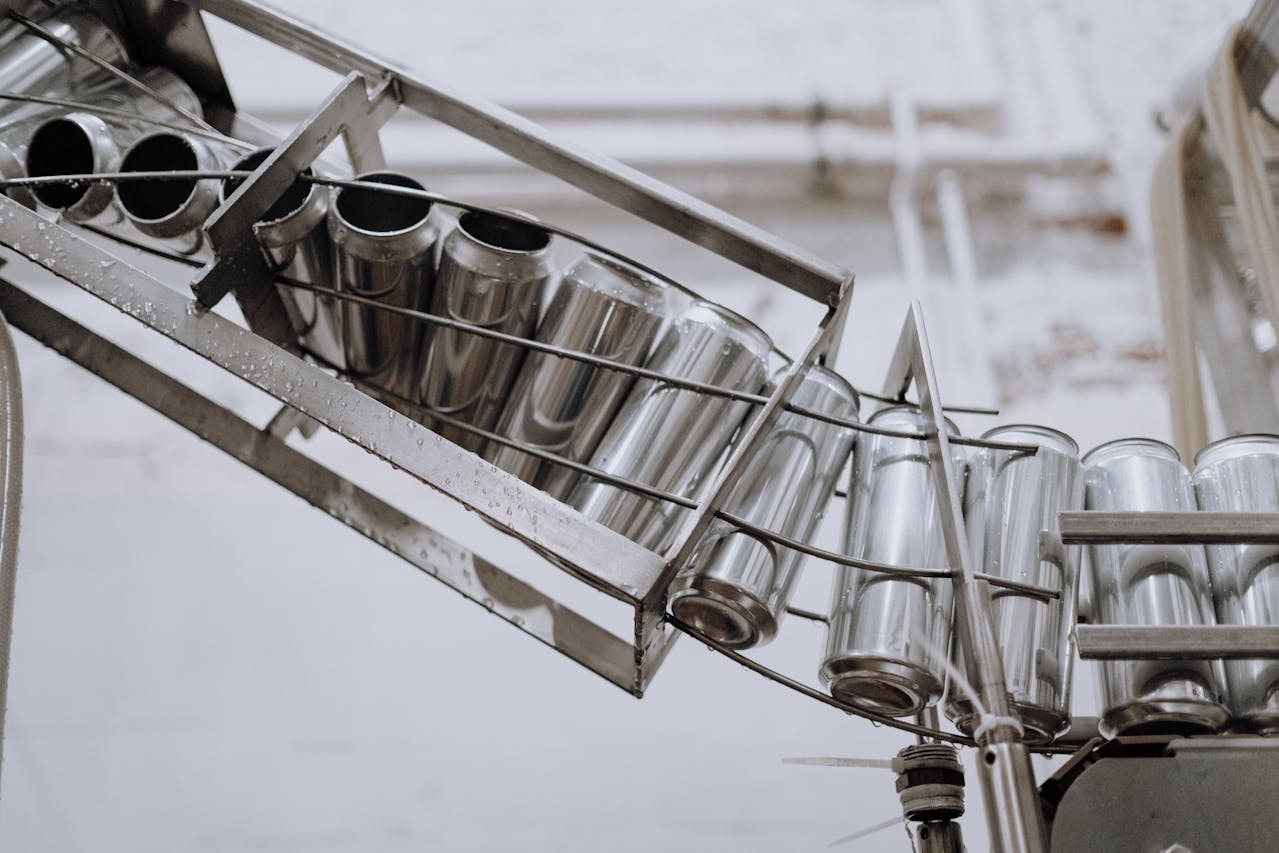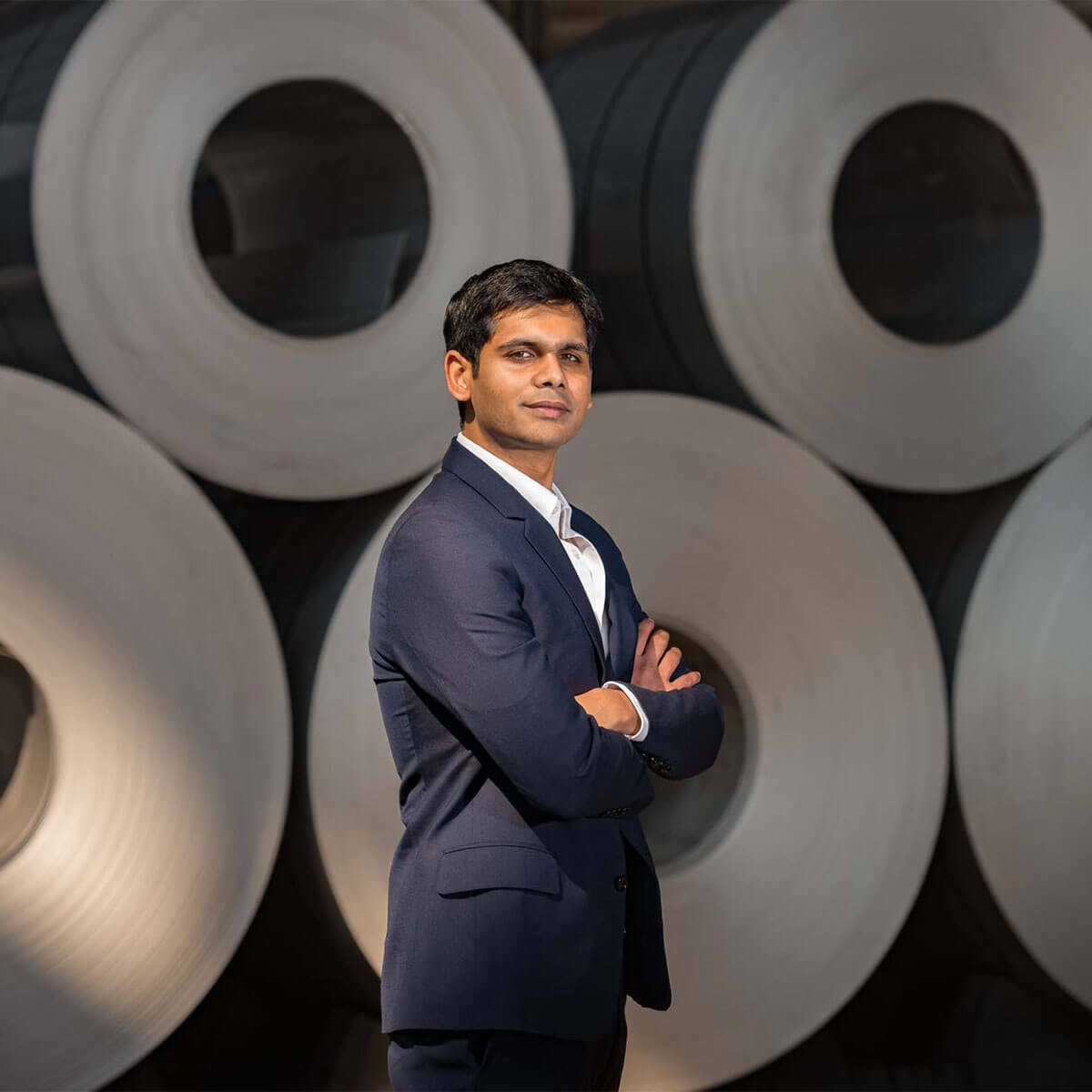AI will keep India’s manufacturing sector globally competitive: Abhyuday Jindal, MD, Jindal Stainless
July 24, 2024

Managing Director, Jindal Stainless
We are at the cusp of a technology revolution, where the key to unlocking a future of efficiency, sustainability, and excellence is well within our grasp. Artificial intelligence (AI) is beginning to have a tangible impact on everything around us. From using Chat GPT to compare contracts and assess risks to using Gemini to tabulate heavy, jargon-filled information into an easily readable format, AI has become a handy tool in our personal and professional lives. In the world of technology, AI is a very new entrant and we are just starting to understand its transformative powers.
Ever since the advent of industrialisation, the manufacturing landscape has been the hub of innovation, invention, and revolution. With AI and its incredible potential, we are ready to reshape the stainless steel industry. The adoption of AI is a core component of the broader Industry 4.0 movement, also known as the Fourth Industrial Revolution, which involves the integration of digital technologies into manufacturing processes and aims to create smart factories where digital and physical systems collaborate seamlessly.
AI isn’t just a technological upgrade; it’s a strategic move that will keep our industry competitive in the global market and help us become safer, smarter, and more sustainable.
Process optimisation to achieve excellence
AI brings with it the promise of optimisation of manufacturing processes. To make alterations and adjustments to production metrics, enable predictive maintenance to reduce downtime, and ensure enhanced efficiency, a vast amount of data needs to be collected and analysed – and this is no mean feat. AI can do this in real-time with speed and accuracy, saving us precious time that can, instead, be used for strategizing, innovating, and change-making. This will, in turn, drive profits. According to an Accenture report, the manufacturing sector is slated to benefit the most through AI adoption, with a gain of $3.8 trillion expected by 2035 – an increase of 45% over business as usual.
Enhanced data analytics and quality control
One of the downsides of automation is unexpected breakdowns, which are bound to occur when a company is trying to meet its production targets. Earlier, no prediction models existed that could be used to reduce the occurrence of such costly failures. We had manual inspections, but those are not 100% accurate, as we need to account for human error. With AI, this is no longer a fear – data analytics and anomaly detection are AI’s primary benefits. Using a digital twin, which is a virtual representation of any object or system, we can simulate situations and outcomes. This, in turn, ensures a smoother production process, an increased lifespan of machinery, and a more robust supply chain. With the adoption of AI, machine learning (ML), robotics, and the Internet of Things (IoT), the highest quality can be ensured, minimising the wastage of raw materials.
A sustainable future
Sustainability and a net zero future are on everyone’s mind in the era of climate change and its global repercussions. Though stainless steel is inherently sustainable through its 100% recyclability, every production process, by its very nature, is energy intensive. By optimising energy use and reducing waste, AI can help us lower our carbon emissions. According to the World Economic Forum (WEF), digital technologies can reduce emissions by 20% by 2050. Additionally, AI can assist us in developing innovative, eco-friendly production methods, paving the path towards a greener future without compromising on the needs of the present.
The human aspect
When speaking about technology, it’s important not to forget that real people working in the industry will be affected by any change. In my opinion, complete automation is not the solution. AI may be able to perform repetitive tasks; however, human ingenuity cannot be substituted. After all, the machines are learning from us, not the other way around. AI will not replace; it will instead renew and re-energise. In fact, according to a report by the National Bureau of Economic Research, worker productivity was boosted by 14% with artificial intelligence tools in one of the tech firms evaluated. Additionally, according to the WEF, AI may create 97 million new roles, and that’s something to be excited about.
Transformation for any industry is difficult; however, workers used to a certain way of functioning will find the shift to digitalisation harder to palate – and it is our job to help them bridge the gap. Upskilling is a key pillar of Industry 4.0, as equipping employees to be prepared for disruptive technologies becomes a priority in the digital age. Digital HR tools become important in this context, as these tools help employees become familiar with technology. We can use dalthem to engage employees in learning modules, set milestones, and monitor progress. Let’s also not forget that with the proliferation of AI, data privacy has become a major concern, as it can be the target of unauthorised data breaches. While we prepare for a future that works in tandem with AI, we must also push for informational privacy laws that buttress against this fallout.
AI has unbelievable potential to transform and modernise the stainless steel industry and the manufacturing landscape. As we embark on this journey, albeit cautiously, we must remember to embrace AI with an open mind and a positive outlook. AI can make the future of stainless steel smart, sustainable, and future-focused, where we are not just keeping pace with the times but setting the stage for the next era of industrial excellence.
The article was first published in Economic Times on July 16, 2024:
https://economictimes.indiatimes.com/news/company/corporate-trends/ai-will-keep-indias-manufacturing-sector-globally-competitive-abhyuday-jindal-md-jindal-stainless/articleshow/111776014.cms?from=mdr






